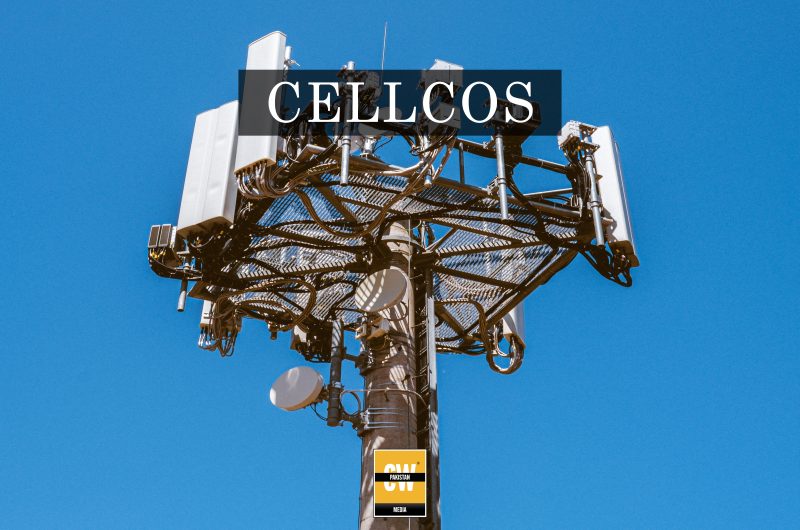PTA has firmly denied allegations that telecom operator Jazz overcharged its subscribers by more than Rs. 6.58 billion during the financial year 2023-24. Reports had circulated on social media and in certain audit observations suggesting that the company collected amounts exceeding approved tariff levels, sparking concern among consumers and stakeholders. However, sources confirmed that PTA submitted a detailed report to the Prime Minister, clarifying that no overbilling had taken place and that all tariff adjustments were carried out strictly under the regulatory framework approved by the authority. PTA maintained that the narrative of massive overcharging was misleading and fueled by negative propaganda aimed at undermining its credibility as a telecom regulator.
According to the report, PTA stressed that there was no violation of the approved tariff structure. All tariff revisions were made in compliance with the regulatory guidelines and formally approved by the authority. The regulator further explained that audit observations had already been reviewed under established procedures, and the supporting records were made available to the concerned audit authorities to ensure transparency. Officials emphasized that every tariff change was part of a documented process, with adequate checks to safeguard consumer interests. By reinforcing this position, PTA sought to dispel doubts regarding the integrity of the regulatory process and to assure the public that tariff practices in the telecom sector remained under strict oversight.
Despite these assurances, the controversy gained significant traction after an audit report claimed that Jazz had exceeded the permissible tariff adjustments during the financial year. The audit highlighted that Jazz was authorized to increase its tariffs by 15 percent on a quarterly basis, a measure that reflected inflationary and market dynamics. However, it was alleged that the company collected an additional Rs. 6.58 billion beyond this margin, raising questions about compliance and fairness in pricing. These claims spread quickly across social media, sparking criticism and placing pressure on both the operator and the regulator to clarify their positions. For consumers already grappling with rising costs of telecom services, the report amplified concerns about affordability and transparency.
The matter has now attracted parliamentary attention, with the Senate Standing Committee on Information Technology and Telecommunication stepping in to review the issue. Chaired by Senator Palwasha Khan, the committee has summoned the PTA chairman to appear on August 25 at the Parliament House for a detailed briefing. The committee is expected to question PTA on its role in monitoring tariff adjustments, protecting consumer rights, and ensuring that telecom operators adhere to approved frameworks without deviation. This hearing will provide an opportunity to examine both the regulator’s oversight mechanisms and Jazz’s compliance with tariff approvals. It also reflects a growing emphasis on consumer protection within Pakistan’s telecom sector, as rising usage and reliance on mobile services make pricing fairness a critical issue.
The situation highlights the delicate balance between regulatory frameworks, operator sustainability, and consumer affordability. While PTA has categorically rejected the allegations and reaffirmed its transparency, the parliamentary review signals that the matter is far from closed. Stakeholders will be watching closely as the Senate Standing Committee deliberates on the issue, and the outcome could influence both future regulatory practices and public trust in the telecom industry. For now, PTA’s stance remains firm: there has been no overcharging by Jazz, and all tariff adjustments during FY 2023-24 were approved, documented, and in line with established procedures.
Follow the SPIN IDG WhatsApp Channel for updates across the Smart Pakistan Insights Network covering all of Pakistan’s technology ecosystem.









